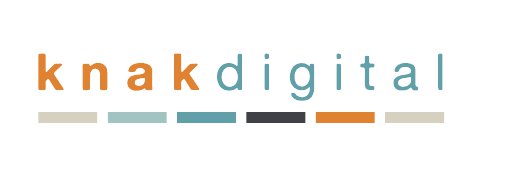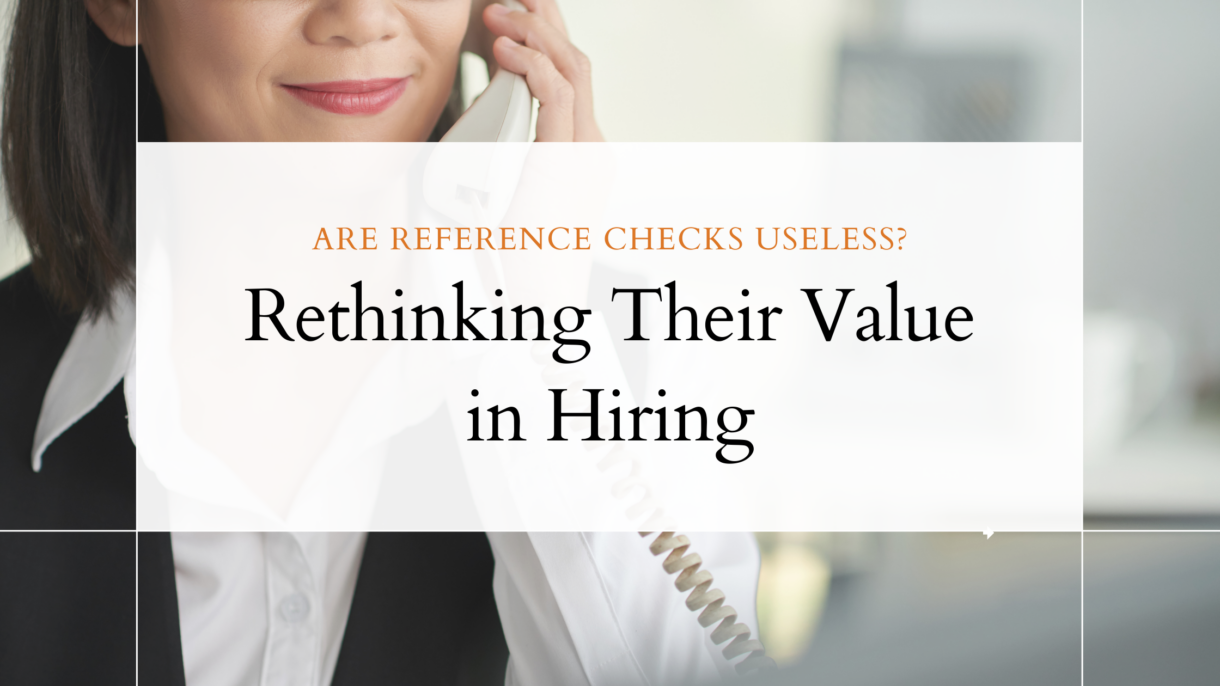“Would you hire this person again?”
When conducting a reference check, how often will the reference on the other end say “no” to this question? It’s a situation that plays out over and over again- and, in reality, offers no value.
References rarely break a job offer. Let’s be honest: Anyone with basic common sense is only going to provide contacts who will speak favorably about them. In my 17 years of recruiting, I’ve only had two reference checks fall south—one from an inappropriate comment about the appearance of a candidate (what a creep), and another from a contractor who did a truly abysmal job.
But I have repeatedly seen hiring managers gain significantly more confidence in their decision-making after a thoughtful conversation with a candidate’s former boss or colleague. The key difference? Asking smarter questions that go beyond the standard template.
Why Traditional Reference Checks Fall Flat
Most reference checks fail to deliver value because they focus on the wrong things:
Employment verification is a waste of time during reference conversations. That’s literally what background checks are designed to handle. When you have limited time with someone who knows your candidate well, don’t squander it confirming start and end dates.
The classic “strengths and weaknesses” questions typically yield rehearsed, generic responses. How many times have you heard “they work too hard” or “they’re sometimes too detail-oriented” as supposed weaknesses? These canned answers provide zero actionable insight.
And please, retire the predictable “Would you rehire them if you could?” question. References know this is coming and have their diplomatic answers ready, making the information nearly worthless.
Transforming References into Strategic Intelligence
If you’re going to invest time in reference checks, make them count. Here’s how to extract genuine value:
1. Dive Into Specific Achievements
Instead of general performance questions, try: “Can you tell me about their most significant achievement while working with you?”
This approach yields specific examples and reveals how the candidate approaches challenges. It also gives the reference a chance to elaborate on the candidate’s problem-solving process, collaboration style, and impact orientation. Follow up with questions about their specific contributions to understand their unique value.
2. Uncover Management Insights
Especially valuable for junior to mid-level candidates, ask: “What advice would you give to their new manager to help them thrive?” or “What feedback style worked best when working with them?”
These questions provide a roadmap for successfully integrating and managing your new hire. I’ve had references share incredibly specific insights like, “She responds best to direct, real-time feedback rather than saving it for formal reviews” or “He thrives when given autonomy after clear direction.” This intelligence is gold for reducing onboarding friction.
3. Identify Optimal Role Alignment
One of my favorite questions is: “Based on their strengths and abilities, what type of position would be the best fit for them?”
I’ve received answers that revealed striking insights—sometimes confirming perfect alignment between the candidate’s target role and their abilities, other times exposing concerning disconnects. This question can validate your placement decision or prompt important reconsideration before making an offer.
4. Reframe Weakness Discussions
If you’re going to probe into potential development areas (and you should), reframe the approach:
- “What types of projects might present challenges for them?”
- “Where do you see potential gaps in their experience that might need support?”
- “What areas could we help them develop to really help them thrive?”
This constructive framing yields more honest, nuanced responses than blunt questions about weaknesses while still giving you crucial information about potential growth areas.
5. Assess Crisis Performance
“What kind of teammates were they when things went sideways?”
This question reveals volumes about resilience, emotional maturity, and leadership potential. Does the candidate maintain composure, step up to help others, or become difficult when under pressure? The answer rarely comes as a polished statement, which makes it all the more valuable.
6. Evaluate Team Impact
“How did they influence team culture or morale during their time with you?”
This reveals whether they were a culture builder or simply a participant. Some candidates complete their work effectively but have minimal impact on those around them, while others elevate entire teams through their presence. Understanding this distinction helps you predict their organizational impact beyond task completion.
7. Listen Between the Lines
Sometimes, the most valuable information comes not from the words themselves but from how they’re delivered. Pay close attention to:
- Enthusiasm levels (genuine excitement about someone’s contributions is impossible to fake)
- Hesitations before answering certain questions
- Topics the reference seems to navigate around carefully
- The specificity of examples they provide
A reference who struggles to provide concrete examples despite claiming someone was “excellent” is sending an important signal.
8. Understand Contextual Performance
“In what environment or circumstances did this person excel the most?”
Some candidates thrive in structured environments but struggle with ambiguity. Others shine during crisis management but get bored with routine operations. Understanding the conditions where someone has historically performed best helps you determine if your workplace will set them up for success or struggle.
The Bottom Line: References Can Be Strategic Assets
I work with several clients who have abandoned reference checks entirely, believing them to be outdated formalities. But for those who maintain the practice, there’s an opportunity to transform these conversations from perfunctory checks to strategic insights.
One of my trusted go-to questions was always: “If you owned your own company and had a need for someone with similar skills, would you hire [person’s name]?” The response—both what is said and how quickly and confidently it’s delivered—tells you volumes.
When approached thoughtfully, references aren’t just a box-checking exercise—they’re an opportunity to confirm your hiring instincts and gather intelligence that helps you prepare your new employee for success from day one.
What’s your go-to reference question? Share your thoughts in the comments below.
- Never Heard Back After Interview? Here’s When You Should Reapply.
- How Great Leaders Showcase their Management Style
- From Federal to Private: Rebranding Your Government experience for Commercial Success
- Are Reference Checks Useless? Rethinking Their Value in Hiring
- The Critical Role of Peer Interviews in the Hiring Process

